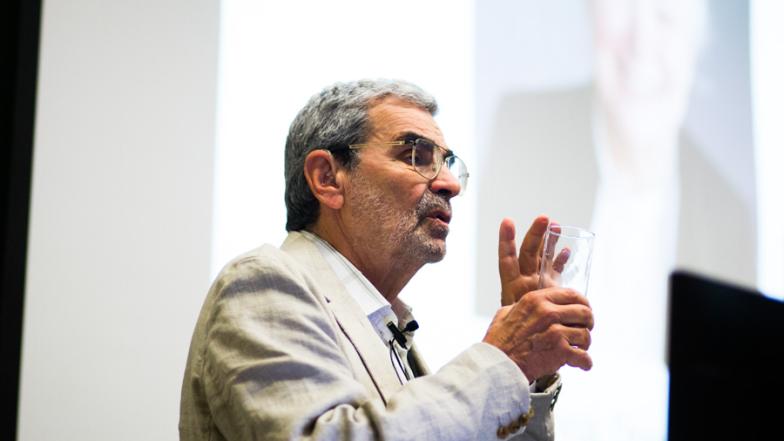THE MARVELS OF ELECTRICITY
Emeritus Professor David Wolfe, physicist, University of New Mexico
Monday 27–Wednesday 29 January 11.15 am COURSE FEES R330; Staff and students R165
For millennia homo sapiens had only the Sun for illumination. Then we discovered how to make fire, creating light after dark. This was difficult as well as dangerous, but homo sapiens lived in this way until, in the first quarter of the nineteenth century, the generation of electric current became possible and the world changed. With great rapidity we made first the telegraph and then electric lights. But the creation of the electric light bulb was not simple, and the various models we use today took over 50 years to create.
Meanwhile, the marvels of electronics, the creation of radio, television and the computer have changed the world in a number of ways. The mobile phone seems to have made the most enormous change since its invention. Its ubiquity and use, the fact that people seen talking to themselves are no longer considered mad but are on the telephone, are among all of these marvels which we continue to create today.
This course will discuss how the discovery and use of electricity has made one of the greatest changes in the way in which we live today.
Lecture titles
- The invention of the battery and the first mechanical generators
- Michael Faraday, James Clerk Maxwell and the correct theories of electricity
- Our modern world, its enormous inventions, nuclear power and the future
TO BOOK: https://www.webtickets.co.za/v2/performance.aspx?itemid=1554935635

David Wolfe holds a PhD from the University of Pennsylvania and has taught at the Universities of Chicago, Washington, and New Mexico in the US. He served as department head of Physics at the University of New Mexico for six years. His research was in high-energy experimental physics, working at most of the large accelerator centres throughout the world. He is presently a visiting lecturer at the University of Cape Town and active in a number of local projects to bring students from disadvantaged backgrounds into physics careers. He is a regular contributor to Summer School.
